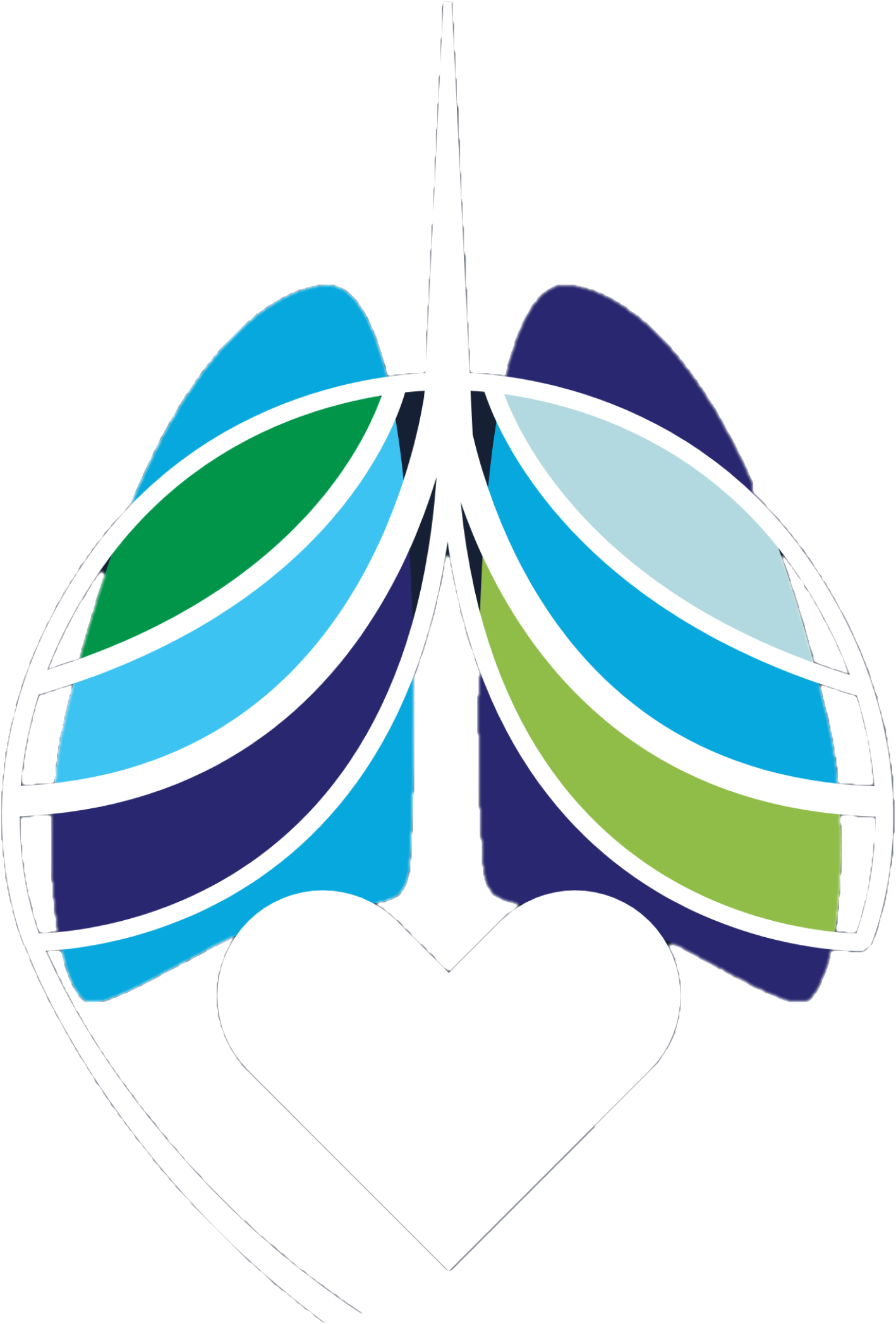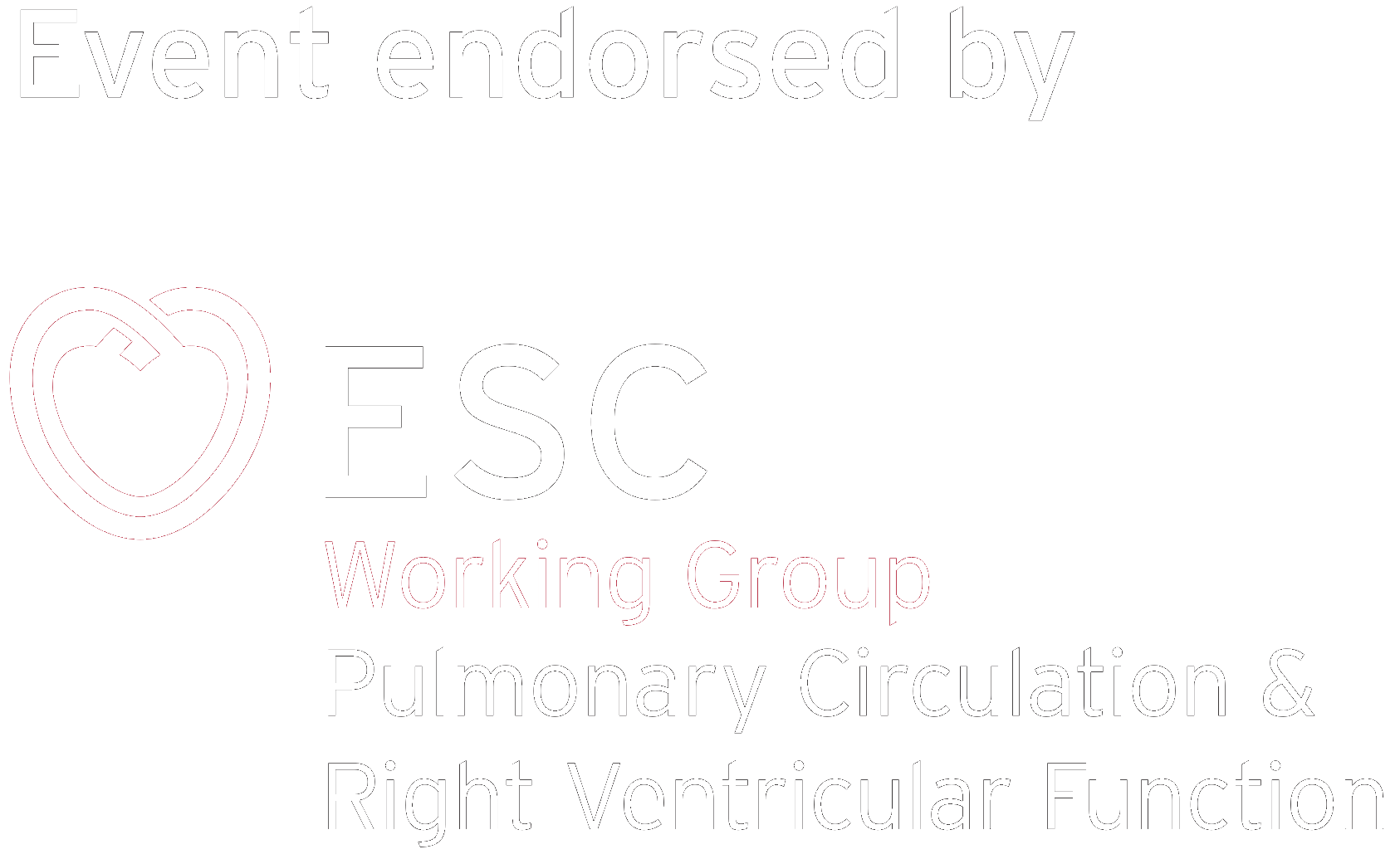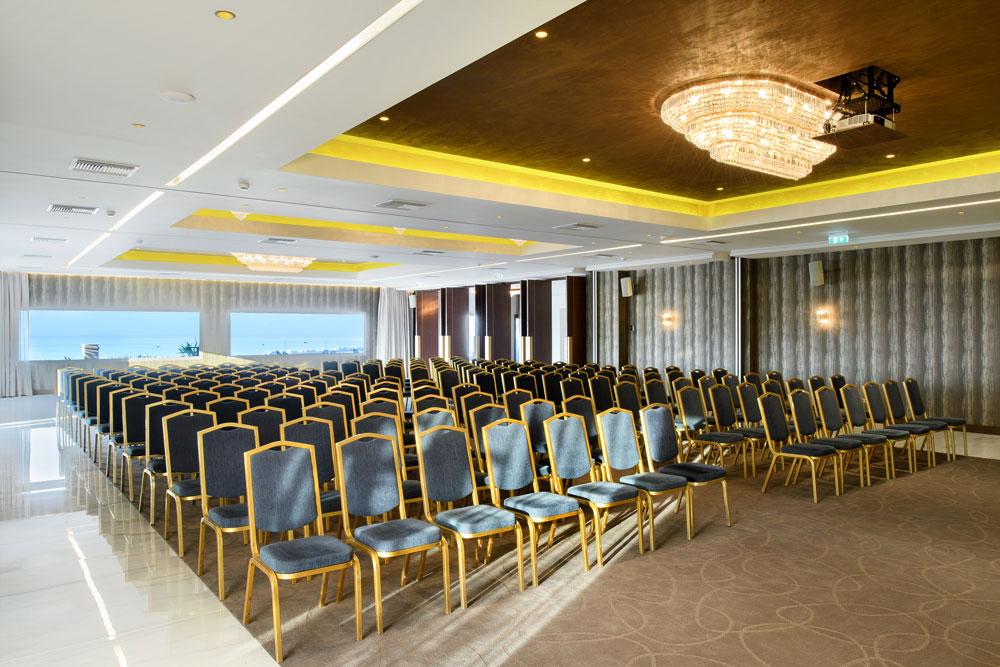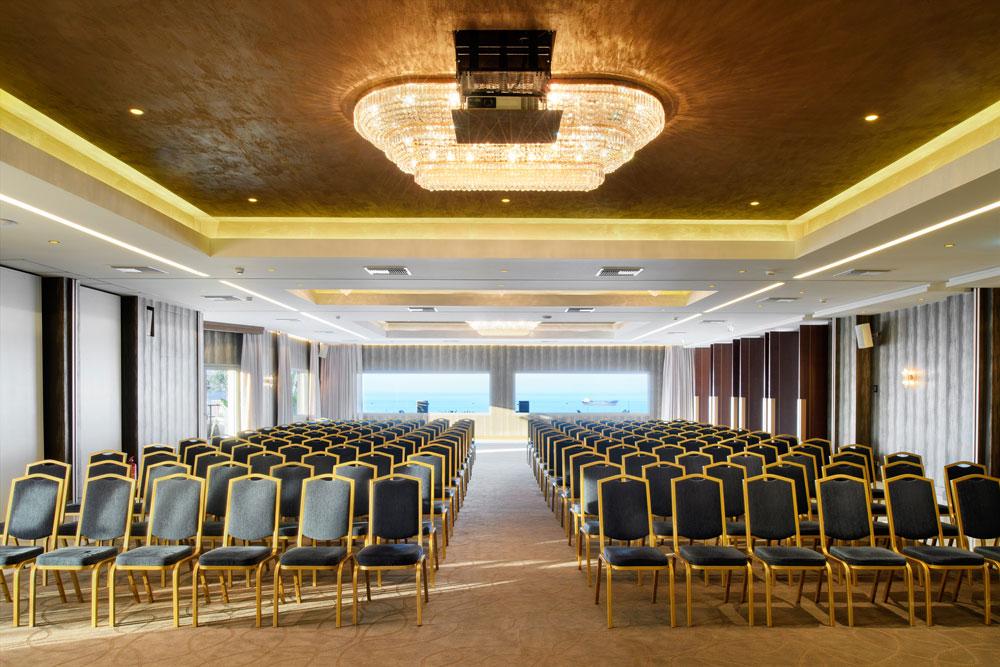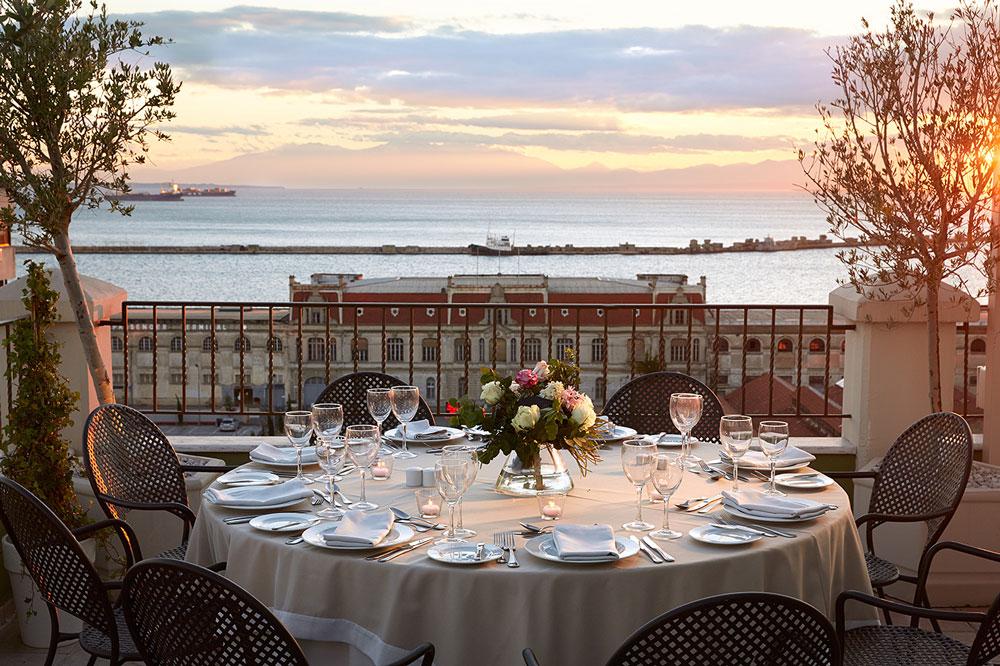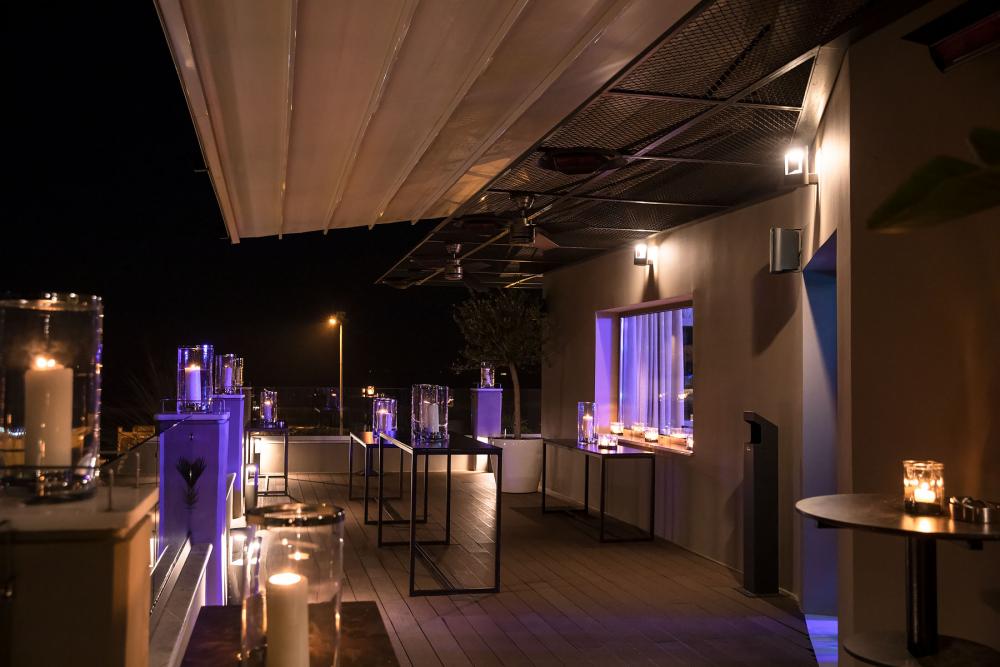WELCOME
Dear Colleagues and Friends,
It is our great pleasure to invite you to the International Meeting “The Aristotle Classes on PH & ACHD”. This scientific event is organized jointly by the Medical School of Aristotle University, Thessaloniki, Greece, the Heart Center at the University of Cologne, Germany and Royal Brompton & Harefield Hospitals, Imperial College, London, UK.
Exchange of knowledge, scientific and professional networking, and career support are the quintessence of the Aristotle Classes. A distinguished faculty of international leaders in the field, along with a limited number of highly motivated early-career physicians and researchers, will be the cornerstone of the meeting.
According to the guidelines of the European Society of Cardiology, Pulmonary Hypertension and Adult Congenital Heart Disease are fields in which ongoing research continues to revolutionise clinical practice and improve patient outcomes.
We have taken every care to ensure that the scientific programme of the Aristotle Classes will include the most relevant and contemporary scientific topics related to PH & ACHD, while promoting active interactions and scientific networking.
The programme will feature:
– State of the Art interactive plenary sessions
– Abstract presentations
– Numerous further networking opportunities.
We very much look forward to welcoming you in Greece!
Please save the date: 11 – 12 October 2024.
.
Prof. George Giannakoulas | Prof. Michael A. Gatzoulis | Prof. Dr. Stephan Rosenkranz |
Professor in Cardiology and Adult Congenital Heart Disease Aristotle University of Thessaloniki, | Academic Head, Adult Congenital Heart Centre and National Centre for Pulmonary Hypertension Consultant Cardiologist and Clinical Lead for ACHD, Royal Brompton & Harefield Hospitals Professor of Cardiology, Congenital Heart Disease at the National Heart & Lung Institute, Imperial College, London, UK | Professor in Cardiology |
.
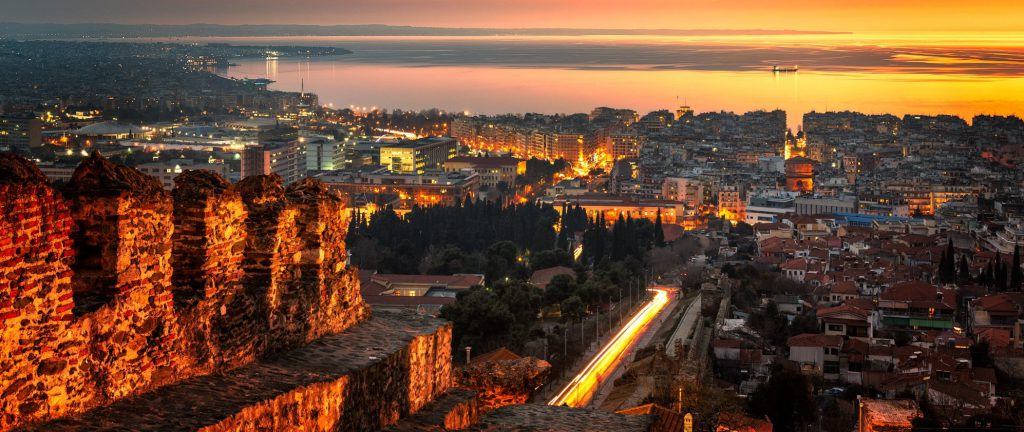
LOCATION
Thessaloniki
Thessaloniki is the capital of Macedonia Prefecture, is the second largest city in Greece, after Athens. In fact, the town is honorarily called co-capital, for its historical and administrative importance. The history of the town started in ancient times and due to its strategic location, it played an important economic and political role in the wider region of the Balkans.
The town was founded in 315 BC by King Cassander of Macedon on the site of a former settlement named Therma. He named it after his wife Thessalonike, the half-sister of Alexander the Great. The name actually means “victory of the Thessalians” and it is believed that the woman was named like that because her birth coincided with a victory of the Macedonians with the help of the Thessalians.
In Roman times, Thessaloniki was an important trade center to transport goods between the East and the West. Its economic expansion continued all through the Byzantine Times and it became one of the most important centers of the empire. Many public buildings and churches were built that period all over the town. Many of these early Christian and Byzantine churches survive till today and they have been declared as World Heritage Monuments by Unesco.
Because of its economic power, the town received the attack of many Balkan tribes, including the Slavs and the Bulgarians, and of the Crusaders as well. In 1423, while the Byzantine Empire was coming to its end, Thessaloniki was sold to Venice, which held it until it was captured by the Ottomans in 1430.
During the Ottoman rule, the city’s population of Muslims and Jews grew. In fact, the Ottomans had invited the expelled Jews from Spain to reside Thessaloniki in their effort to prevent the Orthodox population to grow. Also, many Orthodox churches were converted into mosques.
Thessaloniki was set free from the Turks on October 26th, 1912, during the First Balkan Wars. That day, it was the feast of Agios Dimitrios (Saint Demetrius) and since then, the locals celebrate it as the patron saint of the town. In August 1917, a fire burnt down most of the Old Town of Thessaloniki and left almost 1/4 of the population homeless.
In the Second World War, bombing destroyed many parts of the town, while most of the Jewish population was sent to the gas chambers and concentration camps by the Nazi.
Today, Thessaloniki is a modern town that has restored most of its wounds and receives millions of visitors every year. As it serves as a transportation hub for northern Greece, it has a railway system that connects the town to Turkey and the Balkans, a busy port and an international airport. With a population of about 800,000 people, Thessaloniki is famous for its ancient monuments, the vivid nightlife, and its shopping options.
The trademark of Thessaloniki is the White Tower, right in the waterfront. It was built in the 16th century by the Ottomans and along with its history, it has been used as a fort, a prison, a meteorology laboratory and today it houses the Byzantine Museum of the town.
Thessaloniki is also famous for the International Trade Fair that takes place every September and for the International Film Festival in autumn. Such cultural events and many others give the town a glamorous style.
CONGRESS INFO
Date: 11th – 12th October 2024 Venue: Mediterranean Palace The Congress Venue is carefully chosen – Mediterranean Palace Hotel, in the city center of Thessaloniki with an astonishing view over the Thermaikos Gulf. |
Organizing Secretariat
📌 26, Marathonomachon St., GR 15124 Maroussi, Greece
☎ +30 2106827405, +30 2106839690-1
📠 +30 210 6827409
💻 www.tmg.gr 📧 info@tmg.gr
SPONSORS
Please contact Ms. Chara Gastounioti:
☎ +30 210 68 27 405
Thank you in advance for your valuable support at this major scientific meeting.
